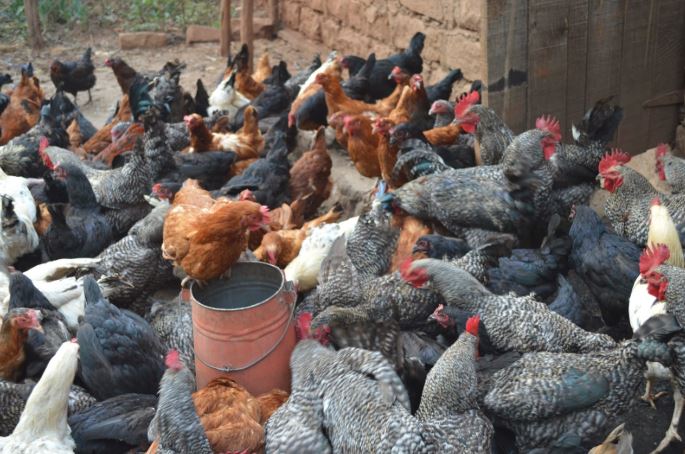×
The Standard e-Paper
Fearless, Trusted News

Tanzania is yet again on the spot for failing to ratify an East African Community (EAC) treaty that allows regional countries to allow the sharing of veterinary services.
The Mutual Recognition Agreement (MRA) for East African Vets -- a pact that makes it possible for any EAC country to import poultry or livestock, as long as they have been tested by a veterinary professional from any of the signatory countries -- has been shunned by Tanzania.